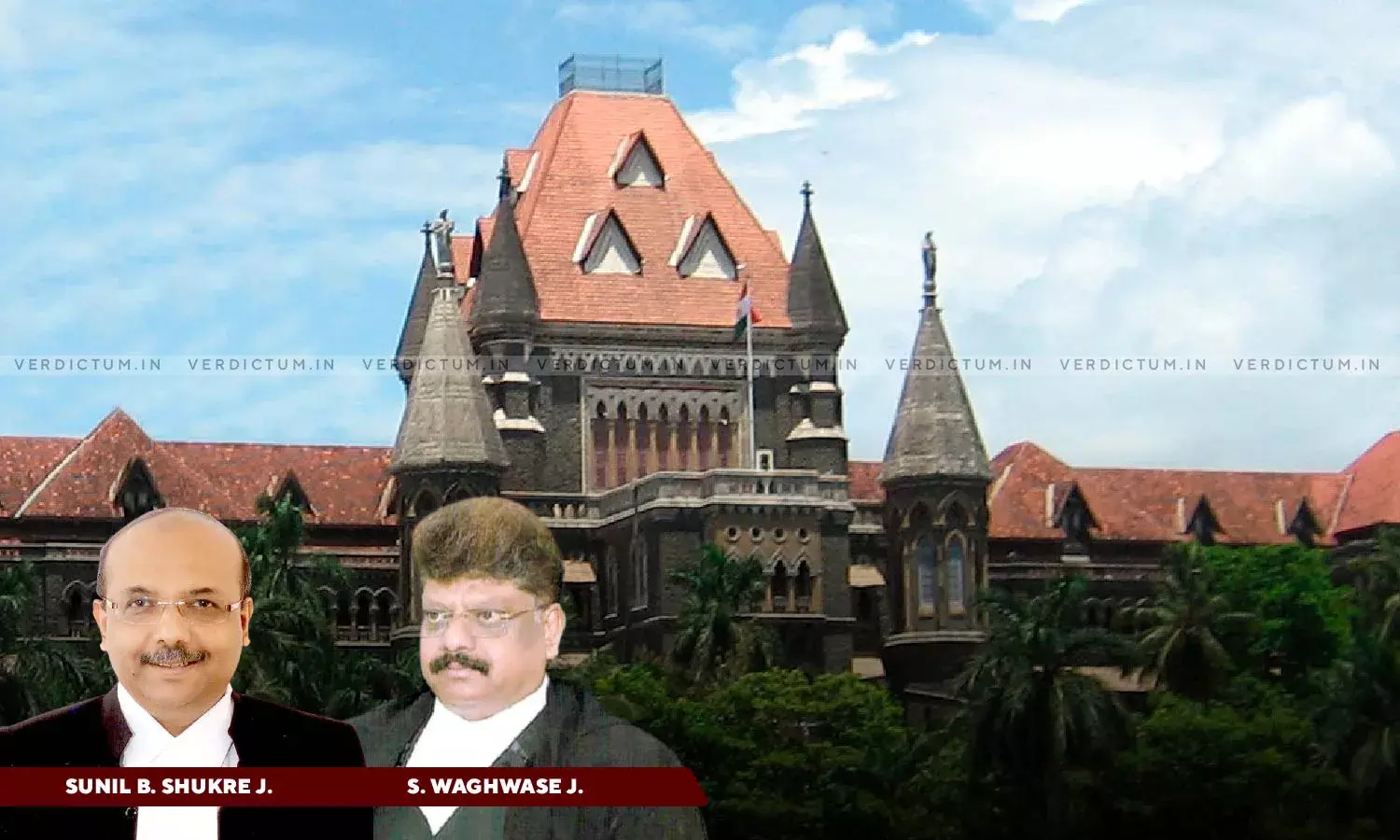Statements Made By Former Maharashtra Governor On Shivaji Maharaj Do Not Constitute Any Offence Under Atrocities Act: Bombay HC

The Bombay High Court has said that the statements made by former Maharashtra Governor Bhagat Singh Koshyari on Chhatrapati Shivaji Maharaj do not constitute any offence under the Atrocities Act.
A Division Bench of Justice Sunil B. Shukre and Justice S. Waghwase asserted, “The intention behind the statements appears to be of enlightenment of the Society for its betterment, as perceived by the speaker. These statements, therefore, cannot be seen, by any stretch of imagination, to be disrespectful to any great person, held in high esteem by the members of the Society in general and by the members of the Scheduled Castes and the Scheduled Tribes in particular. … the statements, which were made, do not prima-facie constitute any offence punishable under the Atrocities Act or any other criminal law.”
The Bench further said that such statements primarily reflect the perception and opinion of the speaker about the figures with an intention to persuade the audience, to whom they have been expressed, to think over and act in a way that is good for Society.
Advocate Amit Katarnaware appeared for the petitioner while APP Y.M. Nakhwa appeared for the respondents.
In this case, the petitioner considered certain statements made in the public addresses, given by respondents i.e., former Maharashtra Governor Bhagat Singh Koshyari and BJP MP Sudhanshu Trivedi, to be disrespectful to the dead persons, who were political figures in Indian Society and who were held in high esteem by members of the Society in general and by the members of the Scheduled Castes and the Scheduled Tribes, in particular.
The High Court after hearing the contentions of the counsel observed, “An in depth consideration of the referred statements would tell us that they are in the nature of the analysis of history and the lessons to be learnt from the history. They also show the intention of the speaker, which is that atleast in the present times, we should learn from the history and also realize the consequences of following certain traditions and what may happen perhaps for the worst, if those traditions are followed.”
The Court said that it does not see the prima-facie constitution of any of the alleged offences on the basis of the alleged objectionable statements.
“In so far as the powers of this Court are concerned, there can be no second opinion. This Court in exercise of its extraordinary power under Article 226 of the Constitution of India, can certainly issue the directions for upholding the cause of justice and this also includes registration of the FIR and if necessary, for monitoring the investigation. But, the question is as to whether or not such a power be invoked by the petitioner here? and this question we answer as in the negative”, noted the Court.
Accordingly, the Court dismissed the petition.
Cause Title- Rama Arvind Katarnaware v. State of Maharashtra & Ors. (Neutral Citation: 2023:BHC-AS:8831-DB)


